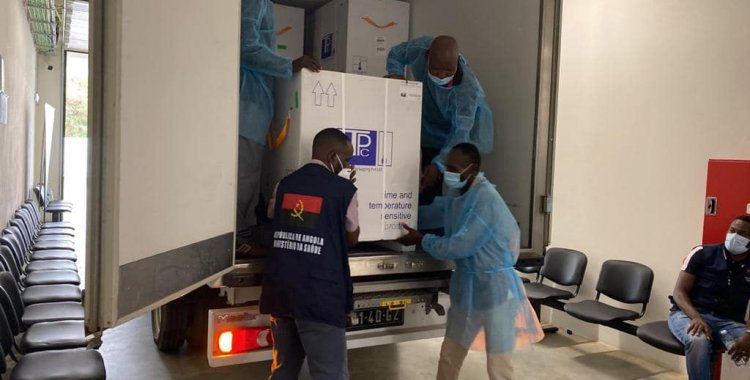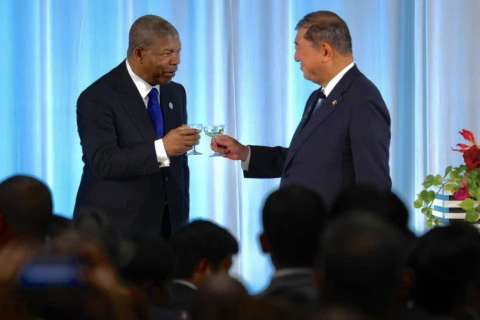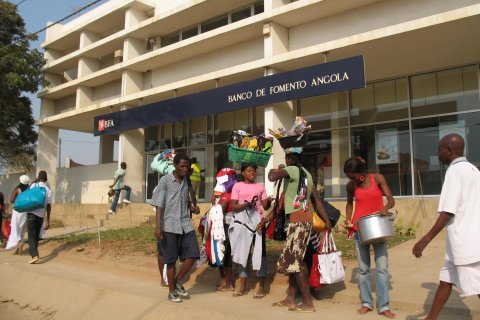Silvia Lutucuta, who inaugurated the first vaccine warehouse in the country at the Central for the Purchase of Medicines and Technical Means (Cecoma), stressed that this is a fundamental pillar in the path to reduce the risk of disease spread to a minimum.
The first vaccines, which arrived at the Luanda International Airport this Tuesday morning, have already started to be administered to a selected group of 50 people, including health professionals, defense and security bodies and patients with comorbidities.
The Health Minister pointed out that the pandemic is a litmus test of the resilience of nations and the solidarity of countries, of the coordination of response actions and the resilience of health systems, adding that the rapid development of the production of safe vaccines has opened the possibility of preventing this disease through vaccination.
However, he recalled, "the great global competition for them and low production capacity have created difficulties difficult to overcome, especially for developing countries."
To ensure fair and equitable access to middle- and low-income countries, the Covax initiative was created in April 2020, a mechanism that the country joined in July 2020 and under which it received the first doses of vaccines, free of charge.
The first 624,000 doses that arrived this Tuesday in Luanda are part of a batch of 2 million 172,000 doses that should reach the country by the end of May this year, said the Health official.
"We expect to receive, until the end of June, 6.4 million doses of this vaccine and others that may be available, which will allow us to cover the needs of the first stage of the vaccination plan of covid-19 of the Ministry of Health covering 20 percent of the national population," she said.
In this stage, the goal is to vaccinate the most exposed people first including health personnel, teachers, defense and security forces, people with comorbidities and advanced age and population 40 years and older.
In the second stage, which covers 10.4 million people, the Executive in partnership with international organizations, including the African Union and friendly governments "is working to ensure sufficient availability of vaccines to ensure the protection of this group," stressed Silvia Lutucuta.
The first batch of 624,000 vaccines from the Astrazeneca/Oxford Covax initiative was received at the International Airport on February 4 by members of the Executive, including the Minister of Health, as well as several partners including representatives of the United Nations, the United Nations Children's Fund (Unicef), the delegation of the European Union and the World Health Organization (WHO), being also present the Indian Ambassador to Angola.
The vaccines were produced at Serum Institute, AstraZeneca's partner in India and the world's largest vaccine producer.
The AstraZeneca/Oxford vaccines approved by WHO, were also the main means used for the control of the pandemic in the United Kingdom, added the Minister of Health.







